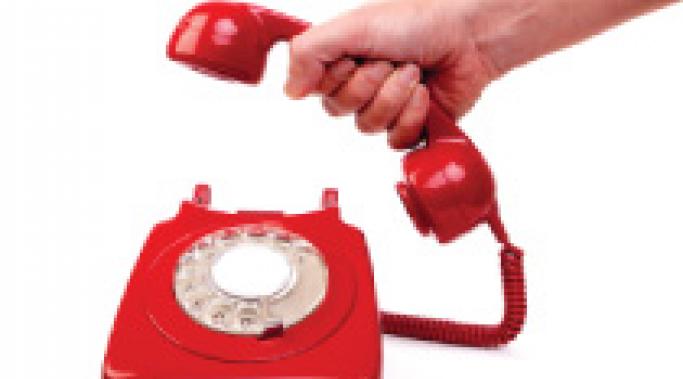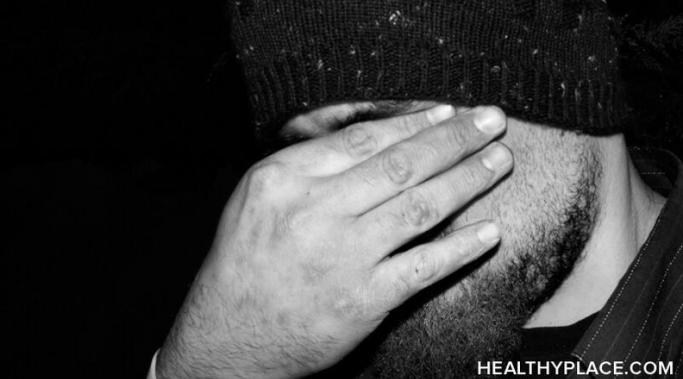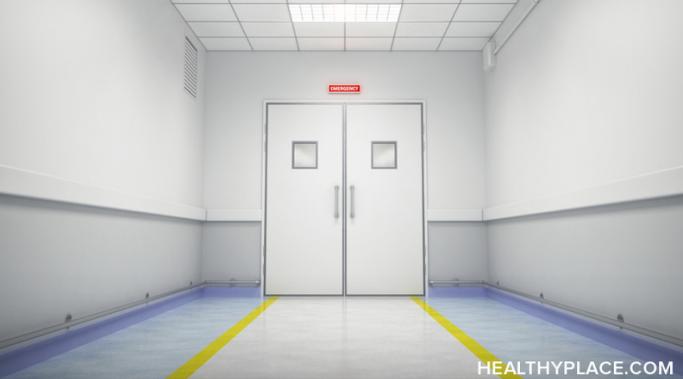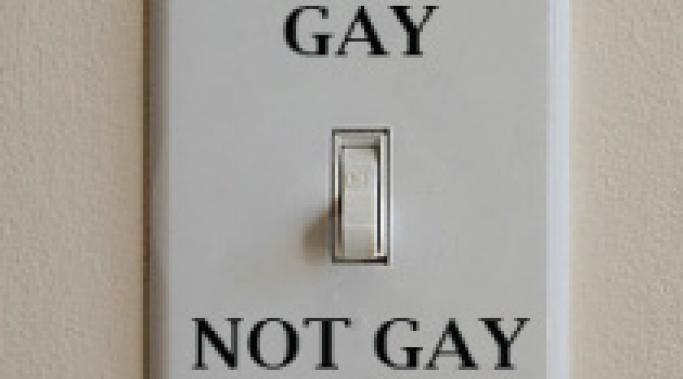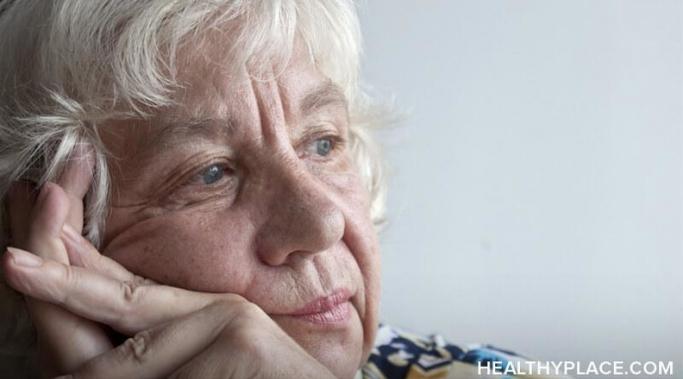Do you know how to report abuse of an adult with mental illness? Sadly, I'm currently in this situation. I am living in a short-term group home for disabled adults, and, recently, I heard a staff member yell, "I'm going to punch the next person who says [expletive]." Under Indiana law, I'm obligated to report that. This made me research how to report abuse of an adult with mental illness.
Recovering from Mental Illness
Do you know how to express anger safely? Recently, my laptop charger stopped working. My father, an agricultural engineer with no computer expertise, attempted to fix it without my permission and after I warned him not to mess with it. Needless to say, he broke it even further and I'm now writing my posts at the library for the next few weeks. I was angry, but both parents told me to be quiet when I expressed said anger. This made me think of how to express anger safely, especially when you're not allowed to show any anger.
What are three reasons the mental health system suffers? Recently, a reporter from the Indianapolis Star contacted me about my time in the state hospital system. I answered her questions as best I could, ranging from how frequently the elevators broke down and patients with food allergies or diabetes getting the wrong food, to a psychiatrist's criminal record, a rape, and avoidable patient deaths. As we talked, she asked me what I thought caused the problems I detailed. This made me think of three reasons the mental health system suffers.
There are--and needs to be--different levels of housing for people with mental illness. Recently I moved from my apartment into a temporary group home--or, as I prefer to think of it, leapt from the frying pan and into the fire. I've traded a mouse and bedbug infestation for patients who can't control when they go to the bathroom, untrained staff, and staff that sometimes sleep on the job. That said, it beats a homeless shelter. It made me think about the need for different levels of housing for people with mental illness.
Do you need help finding a reason to live if you have a mental illness? For a long time I did. In spite of having a good treatment team, I just couldn't snap out of my depressive funks. I was frequently suicidal. Then I found my reason to live. Finding a reason to live when you have a mental illness can be just as vital to your treatment as finding the right medication and finding the right therapist.
What are the housing rights of people with mental illness? I was informed on Tuesday that I have to move due to my apartment building being infested with roaches, bedbugs, and mice (One of whom I've named Boo because he pops up when and where I least expect him--seriously, Boo, on my Wii U's power cord?). As I've searched for a place to live, I have discovered answers to the question "What are the housing rights of people with mental illness?" I discuss three rights in this video.
Are psychiatric medications to blame for mass shootings? Texas Governor Rick Perry's remarks after the recent shootings in South Carolina seems to indicate that he thinks so. So, are psychiatric medications to blame for mass shootings or is there another reason?
Should conversion therapy be banned? The controversial--and illegal for minors in some states--practice tries to change the sexual orientation of the patient. It's also known as reparative therapy, and is often practiced by fundamentalist Christians. It is opposed by all reputable medical organizations, from the American Psychological Association (APA) to the American Academy of Pediatrics. There is considerable debate over whether or not it is abusive--one California court put a minor in foster care after her mother sent her to a dubious psychiatric facility in Utah to cure her lesbianism--which leads to a question: Should conversion therapy be banned?
Professionalism is one reason why we shouldn't be afraid of secular (non-religious) counselors. When the Duggar family discovered their son Josh was molesting his sisters and a family friend, they considered going to the police until a family friend told them "government" programs were not a good way to treat Josh's sexual misconduct (What Is Rape? Was I Raped?). As a result, rather than sending Josh to a competent therapist, they sent him to build houses for a few months. Sadly, fear and mistrust of secular counselors is common in the religious community. This mistrust stems from the belief that social workers will take your children away if you spank them or that the therapist will be hostile to a person's faith. Therapists are even derogatorily referred to as "alphabet soup," but we shouldn't be afraid of secular counselors.
There are three things we need to understand about grief because
grief is such a complicated process. Last week, staff at my apartment complex found one of my neighbors dead from an apparent heart attack. It's a common problem; I've lived there since 2009 and this is the fifth death of a resident since I've been there. My neighbors are complaining about the high death rate at this complex as they go through the grieving process alone. This made me realize there are three things we need to understand about grief.
